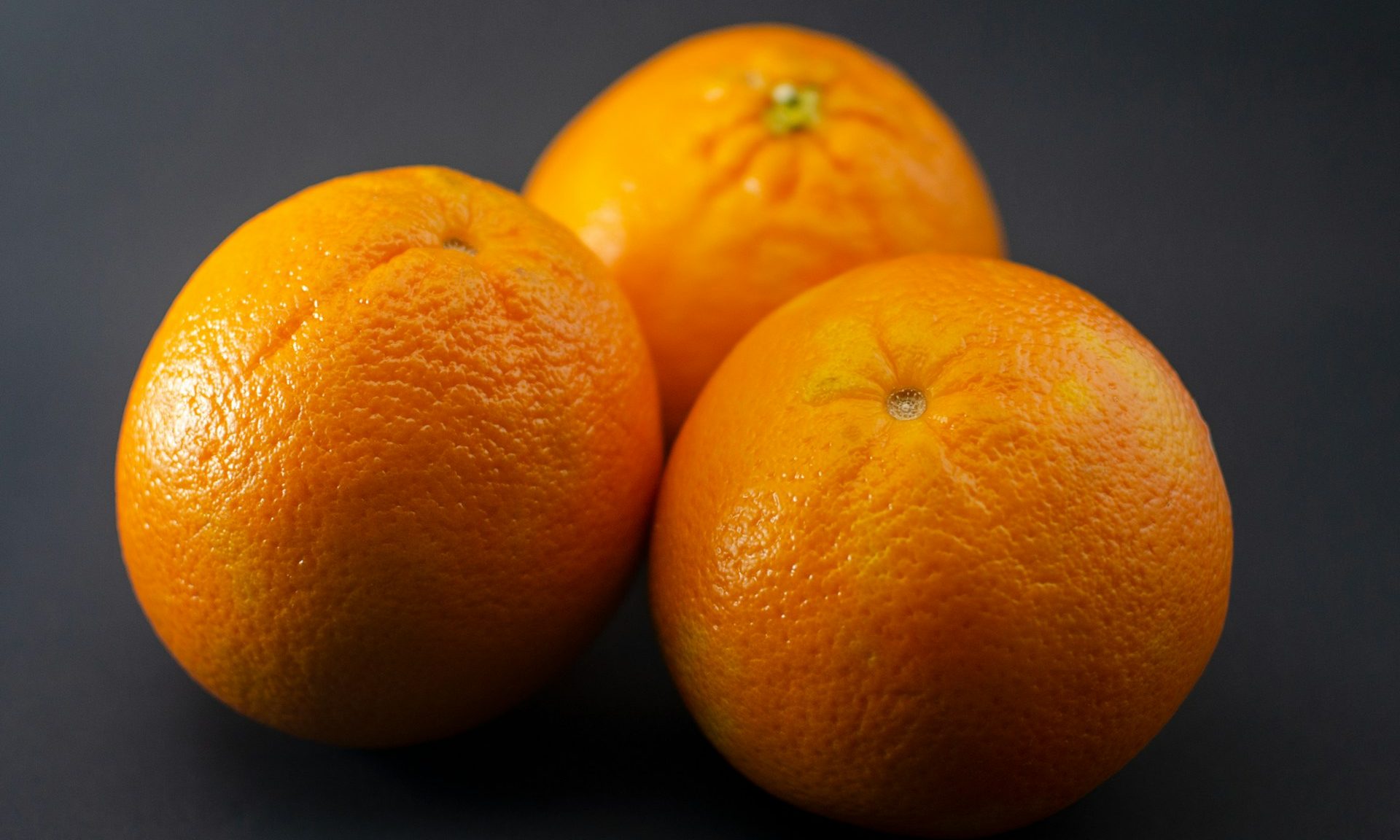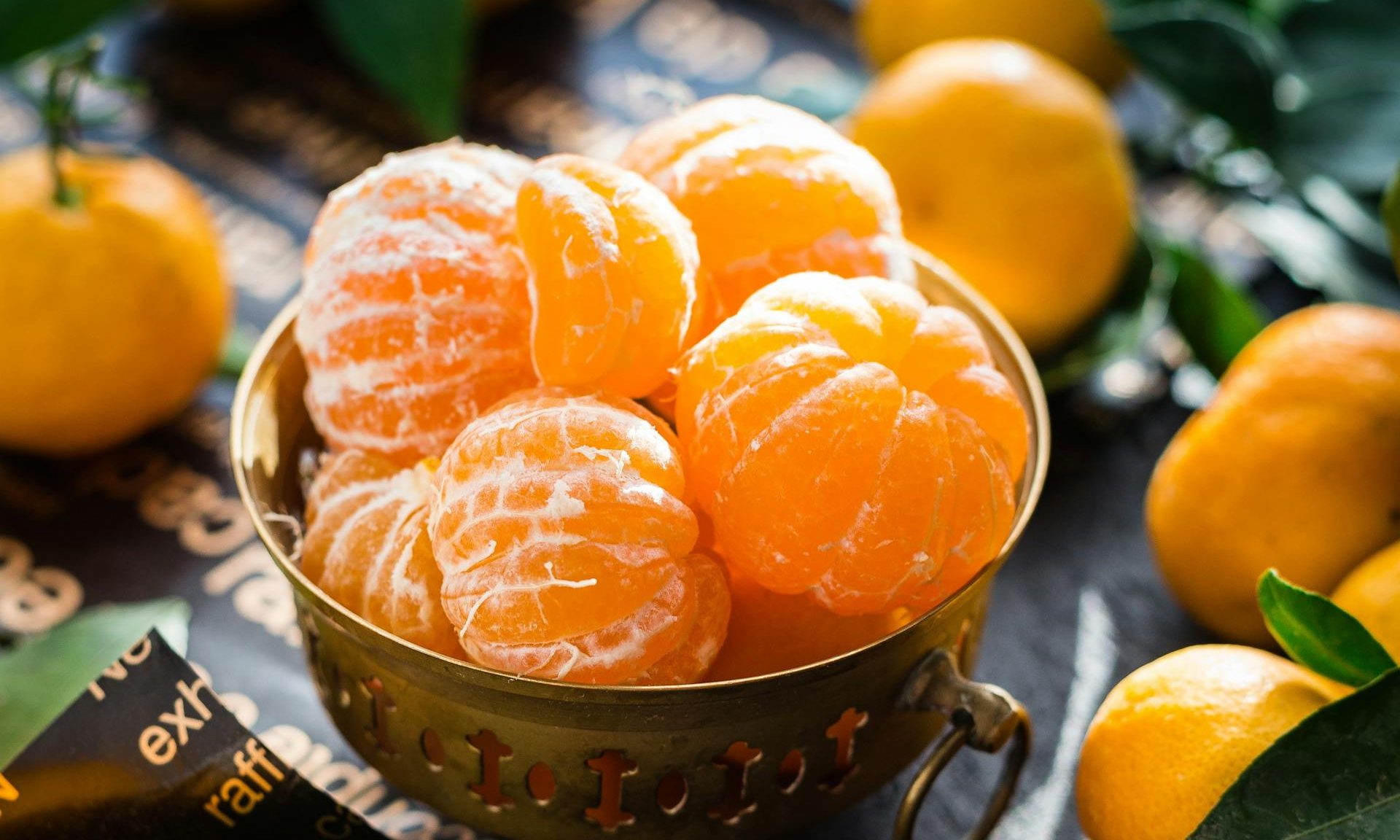I love the juicy, citrusy flavor of the vibrant orange, and it doesn’t just taste delicious and naturally sweet; I also know I’m getting a nice dose of vitamin C. Interestingly, red oranges have even been studied for their anticancer and antiinflammatory properties. Researchers discovered that red oranges are protective for cardiovascular health. From orange juice to the humble whole orange, there are many reasons to include this antioxidant-rich fruit in your diet.
Recently, researchers explored how citrus fruits impact the risk of depression, and the results might just have you biting into an orange or swigging a glass of this vibrant juice. Let’s look at the research.
The study

In a study published in Microbiome, researchers wanted to understand the association between mental health and citrus consumption. The gut microbiome is heavily involved in this association, particularly a bacterium that’s abundant in the gut, called Faecalibacterium prausnitzii (F. prausnitzii.)
The microbiome refers to the trillions of bacteria that live in your stomach and intestinal tract, and many of these play major roles in your brain health, immune health, and digestion. For this study, the researchers assessed data from over 100,000 women from the Nurses’ Health Study II.
The results

The researchers discovered that compared to those who ate little to no citrus fruits, those who ate at least one medium orange per day had a drastically reduced risk of developing depression. Eating a single orange could lower the risk of depression by 20%. The researchers didn’t find this correlation for other fruits like bananas and apples. There’s something special about those tangy, bright, sweet citrus fruits.
Researchers analyzed stool samples from some participants and reported that those who consumed more citrus had higher levels of the beneficial gut bacterium F. prausnitzii. Previously, researchers revealed that this bacterium has anti-depressant-like effects, and it’s significantly less prominent in people with depression.
In this citrus study, the researchers noted that the bacterium promotes the production of serotonin and dopamine, which are feel-good neurotransmitters. Improving serotonin synthesis in the gut could be one of the ways it helps with depression.
The takeaway

While eating a single orange isn’t a cure-all for depression, it could certainly help perk up your mood, as well as the other benefits that come along with it, such as vitamin C and fiber. By boosting the growth of a particular advantageous gut bacteria, a little citrus could make a difference for mental health at a biochemical and molecular level.
Food isn’t just energy; food is information for your cells. More research is needed on F. prausnitzii and the symptoms of depression. They say an apple a day, but I think I’ll reach for an orange or a grapefruit, especially if I could use a little pick-me-up.




